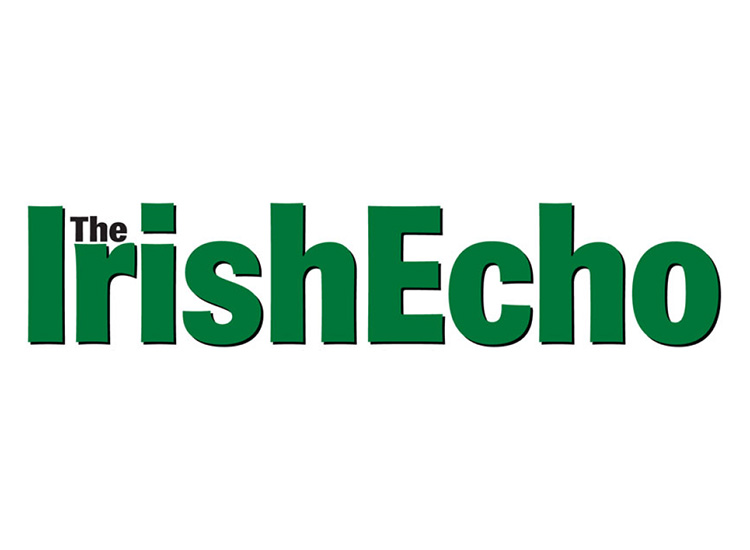A scene from a Feb. 23 league game between Clare and Kilkenny at Nowlan Park. INPHO/BRYAN KEANE
By P.J. Cunningham
The GAA’s Special Congress has given the association the green light to act as its sees fit in a bid to beat the Covid-19 virus in the months ahead.
Over the coming weeks, the Management Committee will take advice from various committees but will ultimately pave the path of GAA on-field activity and whether or not games will go ahead behind closed doors.
A virtual Special Congress through teleconference gave the inner sanctum of the GAA the power to act in these times of severe restriction on all front due to the impact of the Coronavirus.
As days and weeks go by, the initial optimism felt by fans of a return to some type of normality has become more of a faint reality with government ministers now saying packed stadiums will not happen for at least another year to 18 months.
This means that while the country and indeed every country across the globe is waiting for the spike in positive numbers to finally plateau and begin a downward graph movement. The fear of a resurgence should sport and business resume “as you were” means there will be a reluctance by the GAA to do a Trump and take the risk of early opening up of activity.
GAA Communications Director, Alan Milton, said that this year Croke Park could end up hosting top-class games without any supporters being present.
Speaking on a personal level on television and radio at the weekend, he said: “It’s going to require very serious conversation, one that we’ve never had before and one that we never thought we would have to have.
“If it gets to the drastic situation where it’s no championship or a championship behind closed doors, I think that’s when that conversation would take place - but not before.
“Some action would be better than no action. I’m speaking in a personal capacity but there are lots of people who would have to thrash this out. It’s a really complex situation and I think it deserves far more discussion and consideration from the experts before it even arrives on our agenda.
“We can also look at other countries and see what their return-to-play protocols will be in other sports. The reality is that we are staring into the unknown,” he added.
What it all mans is that the GAA is adopting a “wait and see” approach as there is no point in releasing contingency plans when they will be dependent on how the virus is contained. If Ireland manages to be one of the better countries like Germany or South Korea in containing and dealing with the problem, there will be grounds for opening up services and sporting activity on a limited basis but the expectation date for that to happen is now pushed well back into July and August at the earliest.
Planning for a full summer of activity is fanciful as already the time is past for that to happen. Irish sport and the GAA in particular may well have no choice in the event of more pessimistic views actually being proven right than to void the rest of the year or at best curtail activity to a few showhouse games.
This seems more likely because it is now emerging that those who have already contracted the virus under the current pandemic appear not to be subsequently immune and so could be in danger of becoming infected for a second time.
Following last week’s meeting, delegates from the 32-county chairpersons in Ireland and 14 overseas, were given a rundown on the powers the 15-man management committee would be entrusted with and the personnel involved.
The committee consists of: John Horan (GAA president), Aogán Farrell (former GAA president), Liam Lenihan (Munster chairman, Limerick), Pat Teehan (Leinster chairman, Offaly), Oliver Galligan (Ulster chairman, Cavan), Gerry McGovern (Connacht chairman, Leitrim), Paul Foley (Britain chairman, Cardiff), Denis Holmes (Limerick), John Murphy (Sligo), Tom Farrell (Westmeath), Seamus Ó Domhnaill (Donegal), John Costigan (GAA trustee, Tipperary), President elect Larry McCarthy (GAA trustee, New York), Liam Keane (GAA nominee, Meath), and Eddie Sullivan (GAA nominee, Dublin). Th GAA director general, Tom Ryan, will also attends, but will not have any voting rights.









